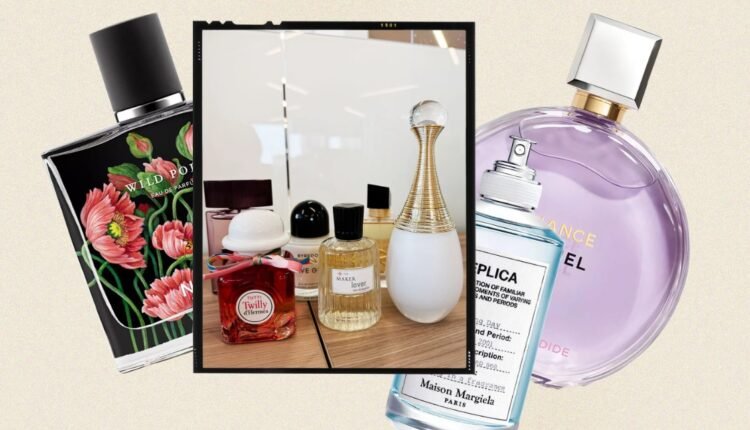Perfume is far more than just a luxury women’s perfume gift sets pleasant smell—it’s an invisible accessory that expresses individuality, triggers emotions, and evokes memories. Among the vast world of fragrances, scent perfume stands out as a captivating category that combines artistry, chemistry, and personal identity. This article delves into the essence of scent perfumes, exploring their origins, types, and enduring charm in modern life.
What Is Scent Perfume?
Scent perfume refers to a blend of aromatic compounds, essential oils, solvents, and fixatives designed to give the human body, objects, or spaces a pleasant and long-lasting fragrance. Unlike other grooming products, perfume has a unique ability to leave a lingering impression—both physically and emotionally.
Derived from the Latin word “per fumum,” meaning “through smoke,” the concept of perfume dates back thousands of years to ancient civilizations such as Egypt, Mesopotamia, and India. These early fragrances were often used in religious rituals and royal ceremonies. Today, perfumes are an integral part of personal grooming and self-expression.
The Structure of a Scent
To understand scent perfumes, it’s essential to grasp the structure of a fragrance. Most perfumes are composed of three layers:
- Top Notes: These are the first scents noticed immediately after applying perfume. They are light, fresh, and evaporate quickly. Common top notes include citrus, lavender, and mint.
- Middle Notes (Heart Notes): These emerge after the top notes fade and form the core of the fragrance. Floral, fruity, and spicy scents often dominate this layer.
- Base Notes: The longest-lasting part of the perfume, base notes provide depth and richness. Ingredients like vanilla, musk, amber, and sandalwood belong in this category.
These three notes work together in harmony to create a unique olfactory experience that evolves over time on your skin.
Types of Scent Perfume
Scent perfumes come in various forms, based on the concentration of fragrance oils:
- Parfum (Perfume): The highest concentration (20-30%) of fragrance oil. It lasts the longest, usually 6-8 hours or more.
- Eau de Parfum (EDP): Contains 15-20% concentration and typically lasts 4-6 hours.
- Eau de Toilette (EDT): With 5-15% concentration, it offers a lighter scent that lasts 3-4 hours.
- Eau de Cologne (EDC): The most diluted form, with 2-5% fragrance oil, ideal for a quick refresh.
Each type serves different purposes, from daily wear to special occasions, allowing individuals to curate their scent wardrobe.
The Psychology of Scent
Scent is deeply connected to memory and emotion. The olfactory bulb, responsible for processing smell, is closely linked to the brain’s limbic system—the area associated with emotions and memory. This connection explains why certain perfumes can instantly transport us to a moment in time or remind us of a loved one.
Moreover, scent can influence mood and behavior. Floral fragrances like jasmine and rose are known to uplift spirits, while woody or musky scents can create a sense of warmth and sensuality. This psychological impact makes perfume a powerful tool in personal presentation and communication.
Choosing the Right Scent Perfume
Selecting a scent perfume is a highly personal experience. Factors such as skin chemistry, climate, and occasion all influence how a fragrance performs. Here are a few tips to find the right one:
- Test Before Buying: Always try a perfume on your skin rather than just sniffing from the bottle.
- Give It Time: Let the perfume settle and develop through all its notes before making a decision.
- Consider Season and Occasion: Light, citrusy perfumes suit summer, while deeper, spicier scents are ideal for colder months or evening events.
- Trust Your Instinct: Go for what feels right—your perfect scent should feel like a natural extension of you.
Conclusion
Scent perfumes are more than bottled aromas—they are emotional expressions, artistic creations, and sensory journeys. Whether you’re drawn to soft florals, exotic spices, or clean, fresh notes, the right perfume becomes an invisible signature that leaves a lasting impression.
As you explore the world of scent perfumes, you’ll not only discover what appeals to your senses but also what reflects your personality and style. Embrace the adventure of finding your signature scent—it’s a luxurious and meaningful step toward self-expression.


Comments are closed.